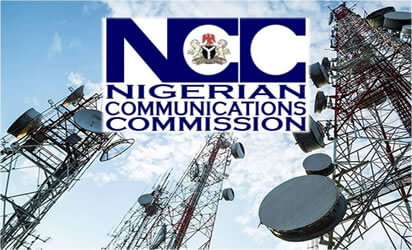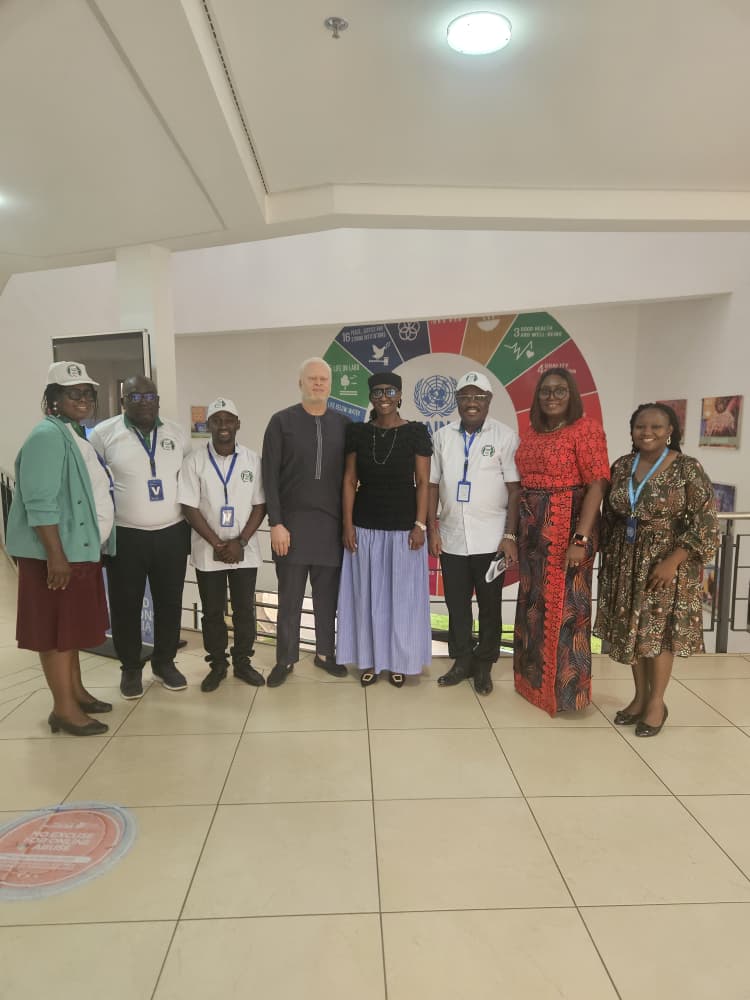Subscribers’ Demands Raise More Concern Over Data Depletion Amid NCC’s Scrutiny
A growing wave of frustration is sweeping across Nigeria as millions of mobile subscribers confront the pervasive and costly issue of rapid data depletion.
The phenomenon, where paid-for data bundles evaporate within hours without commensurate usage, has escalated from a common grievance to a central point of distrust between consumers and the country’s major telecom operators.
Subscribers nationwide report experiences of unexplained data loss, with balances plummeting during periods of device idleness or minimal activity, leading to widespread allegations of unfair practices and hidden charges.
This mounting concern is now met with increasing scrutiny from the Nigerian Communications Commission (NCC), as it faces calls to intensify its regulatory oversight.
The subscriber experience is uniformly one of financial strain and skepticism. Common complaints extend beyond simple heavy usage, pointing to data deductions for background app updates, speed throttling that forces more data consumption for basic tasks, and significant billing discrepancies.
This has fostered a deep-seated belief among many that telecom giants—MTN, Airtel, Glo, and 9mobile—are engaged in what has been cynically dubbed “data vampirism,” a term capturing the fear of deliberate, unauthorised siphoning of data.
The operators consistently deny these allegations, attributing data consumption to user device settings and individual usage patterns, but their explanations are met with intense skepticism from a disillusioned public.
Meanwhile, the NCC has continually declared that several technical factors contribute to the problem.
According to the Agency, background processes on smartphones, including automatic app updates and social media syncing, can silently consume gigabytes. It said: “Auto-play advertisements and tracking scripts on websites compound this drain, often without the user’s knowledge.
Furthermore, network congestion during peak hours can lead to inefficient data handling, causing simple tasks to use more data than they should. Critics also highlight misleading data plan descriptions and hidden terms that result in unexpected deductions from a user’s primary data balance.”
Amid this crisis, the regulator has implemented certain measures, mandating operators to send usage alerts at 50 per cent, 20 per cent and 10 per cent thresholds and encouraging data rollover policies. It has also occasionally fined companies for infractions. However, subscribers and advocacy groups argue that these efforts are insufficient.
The mandated alerts are often delayed, rendering them useless for real-time management, and the fines are perceived as a slap on the wrist. There are loud and persistent calls for the NCC to enforce independent, third-party audits of the data measurement systems used by telecom companies, demand complete transparency in billing, and ensure the provision of real-time, app-by-app data tracking tools for every user.
While awaiting systemic change, subscribers are advised to take proactive steps to protect their data. These include rigorously monitoring usage through smartphone settings or thirdparty apps, restricting background data refresh for nonessential applications, and enabling data-saving modes on devices and browsers. Avoiding auto-play videos and using Wi-Fi for large downloads are also recommended practical steps.
Ultimately, the onus is on the telecom operators to provide transparent and accurate billing and on the NCC to enact and enforce stronger consumer protection regulations. The resolution of Nigeria’s data depletion dilemma hinges on this collaboration, as subscribers continue to demand fairness in a digital ecosystem they feel is currently stacked against them.















Post Comment